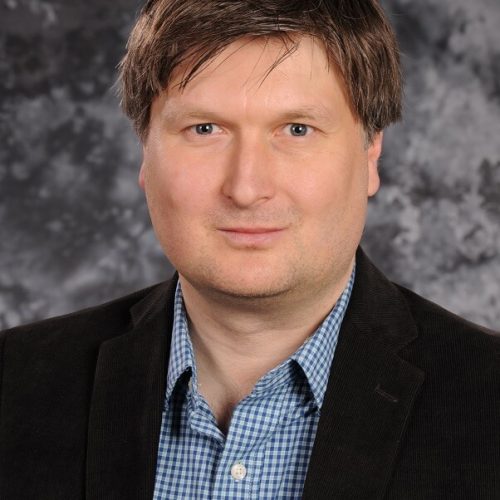
Biography:
Krzysztof Gofryk is a scientist in Nuclear Fuels and Materials Division and a lead for the Center for Quantum Actinide Science and Technology (C-QAST) at Idaho National Laboratory. He obtained his Ph.D. from the Institute of Low Temperature and Structure Research of the Polish Academy of Sciences in 2006. Before joining INL, he worked at Max Planck Institute for Chemical Physics of Solids (Dresden, Germany), Institute for Transuranic Elements (Karlsruhe, Germany), and Los Alamos and Oak Ridge National Laboratories. He is a recipient of the DOE Early Career Award, the Presidential Early Career Award for Scientists and Engineers (PECASE), and INL’s Exceptional Achievement Award. His work focuses on strongly correlated electron systems at low temperatures, pressure, and strong magnetic fields, including transport and magnetism in 5f-electron materials, quantum criticality, heavy fermion physics, and spin−orbit coupled systems.
Affiliations:
European Rare-Earth and Actinide Society
American Physical Society (APS)
Polish Physical Society
American Vacuum Society (AVS)
The Minerals, Metals & Materials Society (TMS) Society
Material Research Society (MRS)
Publications:
A complete publication list can be found here.
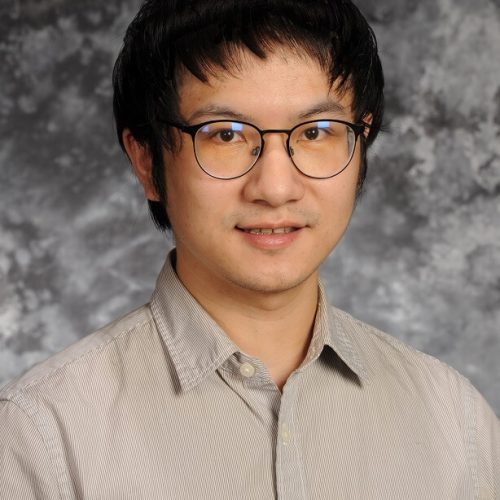
Biography:
Dr. Shuxiang Zhou has been a Glenn T. Seaborg distinguished postdoctoral fellow at the Department of Computational Mechanics and Materials, Idaho National Laboratory since 2020. His primary area of expertise is in density functional theory, having developed density functional theory-based models for various physical phenomena, including thermal transport, phonon scattering, and electron correlation. He completed his Ph.D. in Materials Science and Engineering at University of Wisconsin–Madison in 2020.
Education:
Ph.D., Materials Science and Engineering - University of Wisconsin–Madison
M.S., Materials Science and Engineering - University of Wisconsin–Madison
B.S., Physics – Peking University

Sabin Regmi is a postdoctoral research associate in Idaho National Laboratory’s Nuclear Fuel and Materials division. His research focusses on the electronic properties of materials using an advanced spectroscopic technique called angle-resolved photoemission spectroscopy along with electrical transport, thermodynamic, and magnetic measurements. He earned his doctorate in physics from the University of Central Florida in 2022 and was awarded the University Award for the outstanding dissertation.
Education:
Masters (physics) – Tribhuvan University, Kathmandu, Nepal (2012 - 2015)
Doctorate (physics) – University of Central Florida, Orlando, Florida, USA (2017 – 2022)
Digital profiles:
LinkedIn
ORCID
Publications:
Google scholar
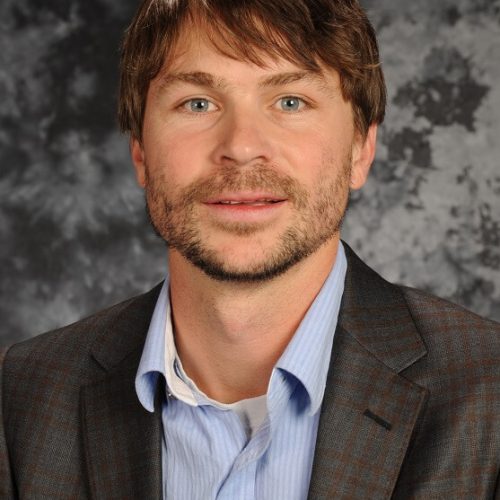
Research Areas:
Advanced Characterization
Materials Properties and Performance
Materials Science and Engineering
Nuclear
Biography:
Dr. Daniel Murray is the group lead for focused ion beam, micromechanics, and surface analysis in INL’s irradiated materials characterization laboratory. He obtained his Ph.D. from the University of Nevada Reno in 2016. Prior to INL, he worked at Lawrence Berkeley National Laboratory. His current research involves advanced ion characterization and surface analysis of nuclear fuels and materials including transuranics. He has extensive experience with focused ion beam microscopy, transmission electron microscopy, and optical spectroscopy.
Education:
Ph.D., Materials Chemistry, University of Nevada Reno, 2016
Publications:
A current list of publications can be found here.
Research Interests:
• Micro structural characterization of nuclear materials
• In-situ measurement of electronic and thermal properties of materials in the FIB
• Nanostructured materials
• Surface science
• Secondary ion mass
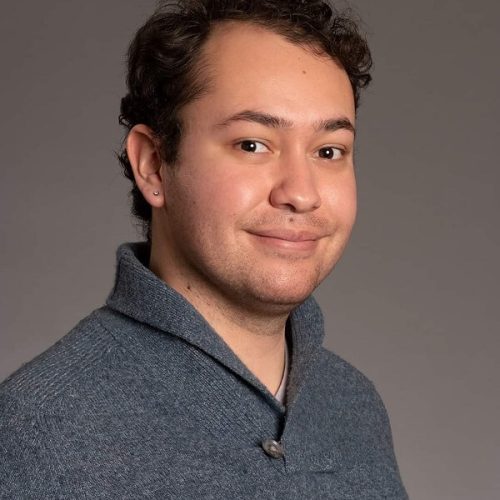
Research Areas:
Advanced Materials
Materials Characterization
Materials Properties and Performance
Materials Science and Engineering
Nuclear Fuels
Thermophysical Properties of Nuclear Fuel Materials
Biography:
Kevin D. Vallejo was born in El Paso, Texas. He attended The University of Texas at El Paso where he received a B.S. degree in physics, after which he attended Boise State University to receive a M.Engr. in materials science, a graduate certificate in college teaching, and a Ph.D. in materials science with focus on semiconductor physics. He previously worked for the Pacific Northwest National Laboratory as a graduate fellow for the National Nuclear Security Administration. Kevin completed his Ph.D. on semiconductor quantum dots’ synthesis and properties, pushing the limits of light emission obtained with these structures. He brought this expertise in epitaxial growth of materials to INL where he is currently working on the synthesis of nuclear fuel materials, their surrogates, novel antiperovskite compounds, and new ternary nitride materials with applications to corrosion resistance and material integration. In his free time Kevin engages in philosophical discussions of the foundations of physics, and a published collection of poems.
Digital Profiles:
LinkedIn
ORCID
Education:
Doctor of Philosophy in Materials Science and Engineering – Boise State University, Dec. 2021
Master of Engineering in Materials Science and Engineering – Boise State University, May 2020
Bachelor of Science in Physics – The University of Texas at El Paso, Dec. 2016/p>
Affiliations:
American Physical Society
American Vacuum Society
American Chemical Society
Sociedad Mexicana de Fisica
Publications:
A current list of publications can be found here.
Awards:
• Russell L. Heath Distinguished Postdoctoral Fellowship - October 2021 Idaho National Laboratory (Idaho Falls, ID)
• Intelligence Community Postdoctoral Research Fellowship - June 2021 The Ohio State University (Columbus, OH)
• National Nuclear Security Administration Graduate Fellowship - June 2020 Pacific Northwest National Laboratory (Richland, WA)
• U.S. Department of State Benjamin A. Gilman Scholarship - October 2014
• Funding to pursue studies abroad in Åbo Akademi, Turku, Finland.
• Best Graduate Student Poster – Department of Engineering, Boise State University
• 2nd Place – Graduate Student Oral Competition – 2021 Symposium of the Pacific Northwest Chapter of the American Vacuum Society
Research Interests:
• Thin film synthesis
• Molecular beam epitaxy
• Actinide physics
• Quantum dots
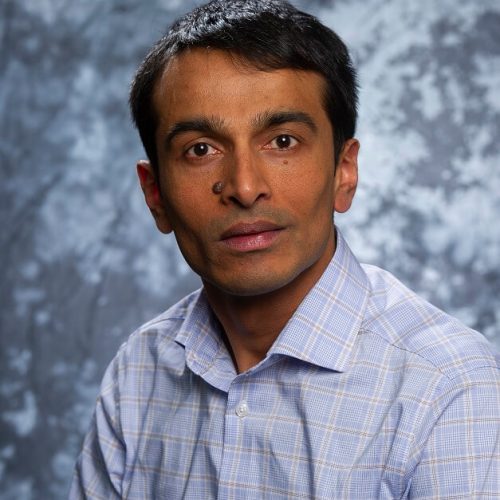
Research Areas:
Advanced Characterization
Data collection
Extreme Conditions Research
Materials Characterization
Nuclear Fuels
Office of Science
Thermophysical Properties of Nuclear Fuel Materials
Three omega thermal conductivity
Biography:
Narayan Poudel is a staff scientist in Materials and Fuels Complex (MFC) at Idaho National Laboratory. His research focuses on the electrical, thermal transport and magneto-transport properties of actinides and rare earth materials in extreme environments. Dr. Poudel received a Ph.D. in Physics from the University of Houston in 2017 and a MS from Tribhuvan University, Kathmandu, Nepal in 2019. He is a member of the American Physical Society, Materials Research Society, and Nepal Physical Society. He also serves as a peer reviewer in various journals. Dr. Poudel is an author of 25 scientific papers and presented his work at 15 international conferences.
Education:
PhD, University of Houston (2017)
Publications:
Google Scholar
Research Interests:
Materials characterization in extreme environments

Research Areas:
Materials Characterization
Biography:
David Hurley received a Ph.D. in Materials Science and Engineering from Johns Hopkins University and is currently a Laboratory Fellow at Idaho National Laboratory. Dr. Hurley has an extensive research background involving theoretical and experimental studies of laser-based characterization of materials. Since coming to INL, he has focused on characterizing material behavior in extreme environments. Dr. Hurley’s research background and expertise encompass elements of physics, mechanical engineering, and materials science. This middle ground between science and engineering has given him a unique perspective on many materials issues facing the nuclear industry. Connecting microstructure to mechanical properties of nuclear fuel provides an important example of this perspective. As part of this effort his group at INL contributed significantly to the foundation of a new field of mechanical characterization termed laser resonant ultrasonic spectroscopy. On the science side his research has focused on understanding the influenced of irradiation defects on thermally driven transport of electrons and phonons. Currently, Dr. Hurley is the founding director of the Center for Thermal Energy Transport under Irradiation (TETI). The mission of this $12.6M Energy Frontier Research Center (EFRC) is to provide the foundational work necessary to accurately model and ultimately control electron- and phonon-mediated thermal transport in 5 f electron materials in extreme irradiation environments. He is also leading the development of key instruments that will populate the thermal properties cell in the Irradiated Materials Characterization Laboratory at INL. These instruments are enabling the nuclear fuels community the unique ability to perform detailed thermal properties measurements on highly radioactive materials.
Education:
Ph.D., Materials Science and Engineering, -Johns Hopkins University
M.S., Mechanical Engineering - Montana State University
B.S., Physics - University of North Carolina, Chapel Hill
Publications:
• M. Khafizov, Janne Pakarinen, Lingfeng He, D. H. Hurley, Journal of the American Ceramic Society, Impact of irradiation induced dislocation loops on thermal conductivity in ceramics, 102, 7533, (2019).
• David H. Hurley, Characterization of material nanostructure using Pump-probe laser ultrasonics, IEEE Nano-Magazine, 29-38, June (2019).
• Yuzho Wang, David H Hurley, Zilong Hua, Goafeng Sha, Samuel Raetz, Vitalyi Gusev, Marat Khafizov, Nondestructive characterization of polycrystalline 3D microstructure with time-domain Brillouin scattering, Scripta Materialia, 166, 34 (2019).
See More
Presentations:
Presentations (invited)
• M. Khafizov, J. Pakarinen, D. H. Hurley, "Laser Based Experimental Methods for Validation of Atomic Level Modeling in Nuclear Fuel," Top Fuel, Zurich, Switzerland (2015).
• D. H. Hurley, M. Khafizov, R. S. Schley, and E. Burgett, "Physical Properties of Nuclear Fuel Surrogates Using Laser Ultrasonics," TMS Spring Meeting, New Horizons for Mechanical Spectroscopy in Materials Science, Orlando, FL (2015).
See More
Research Interests:
• Characterization of mechanical and thermal properties of nuclear materials
• Understanding the influence of irradiation microstructure on thermal transport in nuclear fuel
• In situ monitoring of material properties in high temperature environments (e.g. thermal properties, corrosive film growth, recrystallization)
• Electronic and thermal properties of photovoltaic and thermoelectric materials
• Ultrafast optical characterization of thin films and nanostructures
• Theoretical and experimental study of laser ultrasonics
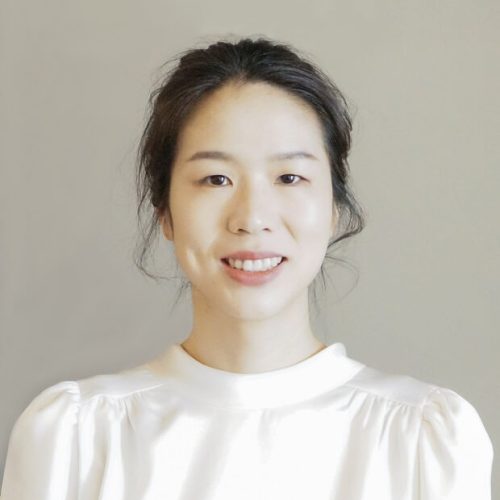
Research Areas:
Energy Storage Technology
Biography:
Meng Li is currently a research scientist working at Idaho National Laboratory, USA. She received her B.E in Materials Science and Engineering from Huazhong University of Science and Technology (HUST), China in Jun 2012, and earned her Ph.D. degree in Materials Science from HUST in Dec 2016. During her graduate studies, she spent one and a half years at Curtin University, Australia, as a joint graduated student. Meng joined the University of Alberta, Canada, as a postdoctoral fellow of Materials Engineering after she obtained her Ph.D. and worked there until Feb 2019. Meng has been working on Energy Storage & Conversions and Catalysis since 2012. She has experience with theoretical computations (DFT/AIMD), machine learning, aqueous electrolyzers, solid oxide electrochemical cells, metal-air batteries, lithium-ion batteries. She combines experimental design and examination with theoretical calculation to understand the mechanisms of related reactions and intrinsic properties of developed materials. She has been the author on 39 peer reviewed papers, including those on Nature Catalysis, Chem, ACS Energy Letter and Nano Energy.
Education:
Ph.D., Materials Science – Huazhong University of Science and Technology
B.S., Materials Science and Engineering – Huazhong University of Science and Technology
Affiliations:
Editorial board member of Materials.
Guest Editor leading a special issue for Crystals.
Guest Editor leading a special issue for Materials.
Reviewer for several journals, including Journal of Power Sources, Applied Catalysis B: Environmental, Journal of Alloys and Compounds, etc.
Publications:
A current list of publications can be found here.
Presentations:
A current list of presentations can be found here.
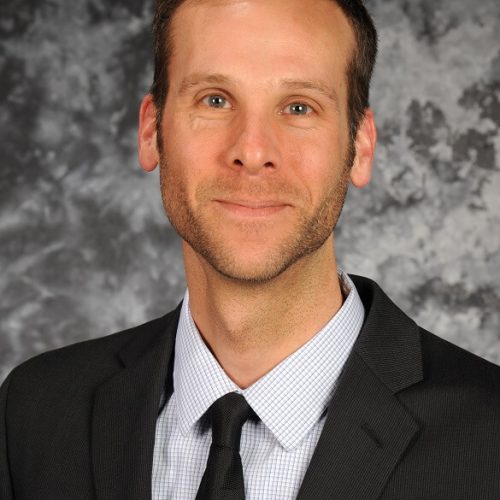
Research Areas:
Information Systems and Process Analytics
Biography:
John A. Koudelka is the Director of the Applied Visualization Laboratory at the Center for Advanced Energy Studies and Group Lead for Visualization in the Advanced Scientific Computing Division. His expertise is in software development, software engineering, database management, and spatial analysis. The focus of his current role is to crosscut disciplines with visualization capabilities and employ XR, VR, AR, 3D immersive visualization, scientific visualization technology to enable science. Projects range from immersive training to digital twin development, digital engineering and prototype design. A significant portion of his role is dedicated to outreach and education where he provides capability demonstrations to the STEM programs, is active in the visualization community and serves on boards, and research is focused on collaboration with the Idaho universities. John sees collaboration and leadership development as key pieces in advancing INL’s innovation and research to the next level. He holds a master’s degree in Geographic Information Systems from the University of Wisconsin, Madison.
Education:
M.S., Environmental Monitoring - University of Wisconsin
B.A., Environmental Science - University of Denver
Research Interests:
Distributed hydrologic modeling, forecasting streamflow, HPC, model integration, improving model and data access via the web, improving the state-of-the-art in hydrologic modeling with technology.
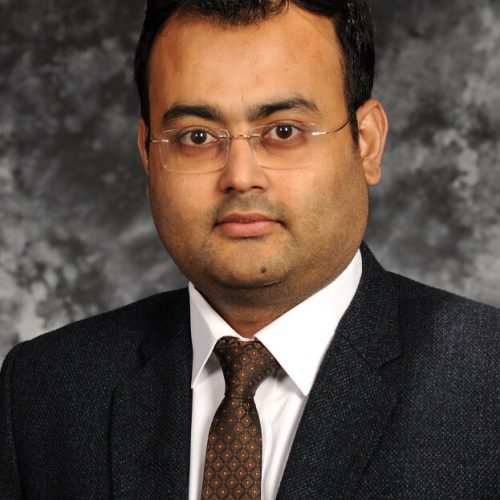
Research Areas:
Applied Visualization
Cyber and Information Science
Data collection
Data Science
Spatial Analysis
Web Applications
Data Analytics
Data Assimilation
Human factors
Biography:
Rajiv Khadka is a Visualization Researcher at the Idaho National Laboratory (INL) and an Adjunct Professor at the Idaho State University. He received his M.Sc. and Ph.D. in Computer Science from the University of Wyoming. His research interest’s area Virtual Reality, Augmented Reality, Human-Computer Interaction, 3D User Interactions, Collaborative Virtual Environments, Proxemics, and Immersive Data Visualization. He is respected as dynamic, enthusiastic, and multilingual with a proven track record of researching and creating cutting-edge user interaction methods, visual analytics applications, and tools that improve scientific workflows within Virtual and Augmented Reality environments. He is also a dedicated and passionate educator, delivering engaging lessons and providing mentorship to his students, while also writing successful proposals and furthering personal research. Rajiv has a strong technical background in programming and visualization tools, and an outstanding ability to build lasting relationships with, and convey technical information to, scientists and non-scientists audiences. He is respected as a motivated self-starter with exemplary organization skills, a keen eye for detail, and an ability to manage multiple projects simultaneously.
Digital Profiles:
LinkedIn
ORCID
Education:
Ph.D., Computer Science, University of Wyoming, 2019
M.S., Computer Science, University of Wyoming, 2019
B.E., Computer Engineering, Kathmandu University, 2012
Affiliations:
Adjunct Professor, Department of Computer Science, Idaho State University, Pocatello, USA
Publications:
A current list of publications can be found here.
Research Interests:
• Virtual Reality (VR)
• Augmented Reality (AR)
• Immersive Data Visualization
• Human-Computer Interaction
• 3d User Interactions
• Collaborative Virtual Environments
• Immersive Analytics
• Digital Twins
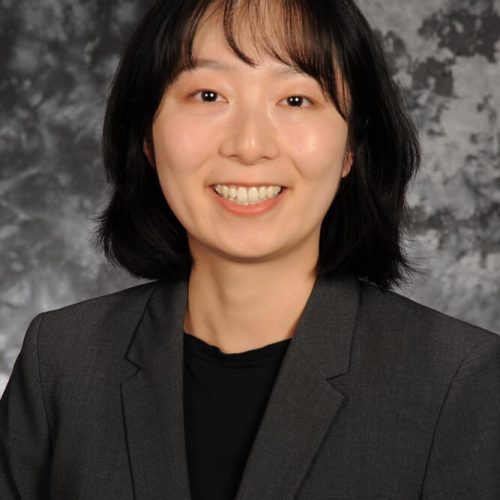
Biography:
Xingyue Yang is a visualization researcher at INL’s Applied Visualization Laboratory (AVL). She holds a master’s in geographical information science (GIS) from Idaho State University. Her master’s thesis is about how 3D visualization can support decision making for urban planning in Pocatello, Idaho and examines the impacts on local ecosystem services from different design scenarios. Both her bachelor’s and master’s degree have a GIS emphasis. She is highly skilled with programming, data analysis and modeling especially in 3D perspective.
Education:
M.S., Geographical Information Science – Idaho State University
B.S., Geographical Information Science – Hebei Normal University
Publications:
Yang, X.; Delparte, D. A Procedural Modeling Approach for Ecosystem Services and Geodesign Visualization in Old Town Pocatello, Idaho. Land 2022, 11, 1228. https://doi.org/10.3390/land11081228
Research Interests:
• Virtual reality (VR)
• Augmented reality (AR)
• Mixed reality (MR)
• WebXR
• Artificial intelligence visualization
• GIS
• Procedural 3D modeling
• 3D indoor wayfinding
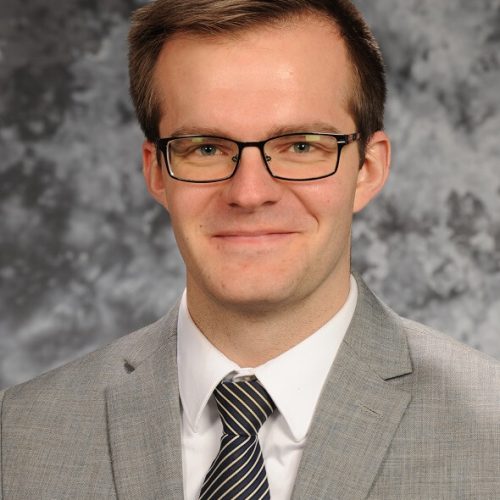
Research Areas:
Applied Visualization
Data collection
Data Science
Web Applications
Biography:
Porter Zohner is a Data and Visualization researcher at Idaho National Laboratory (INL). He has a range of skills spanning multiple projects such as web app visualization development, mixed reality development, cyber-security, and data science. In 2016, he started as an Intern at the Idaho National Laboratory in Information Management and Enterprise Architecture. He received his Bachelors of Science in Computer Information Technology/Computer Science from Brigham Young University – Idaho in 2018. That same year, he started working full time at INL.
Education:
B.S. in Computer Information Technology (Minor Computer Science)
Research Interests:
• Virtual Reality/Augmented Reality/Mixed Reality (VR/AR/MR)
• Visualization
• Blockchain
• Data Science
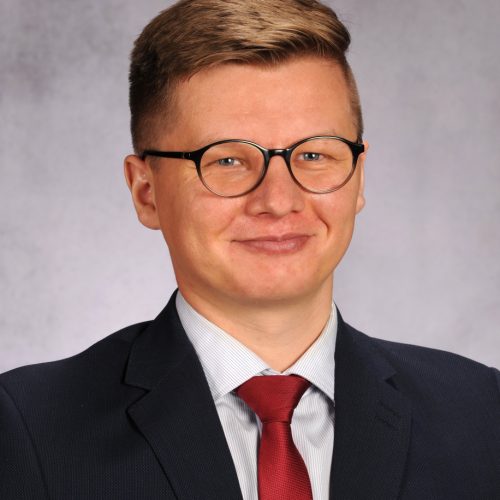
Volodymyr Buturlim is a Glenn T. Seaborg Distinguished Postdoctoral Research Associate at Idaho National Laboratory. His research focuses on investigating the nature of 5f electron systems by performing magnetic, electric and heat transport studies . He obtained his doctorate in physics from the Charles University in Czech Republic in 2021. Before joining INL, he worked as a postdoctoral fellow at Charles University.
Education:
Masters (physics) – Sumy State University, Ukraine (2014)
Doctorate (physics) – Charles University, Czech Republic (2021)
Digital profiles:
ORCID
Publications:
Google scholar
Processing, please wait…